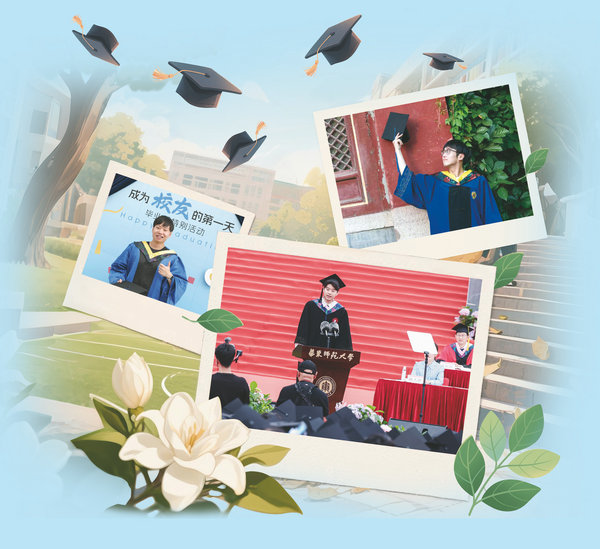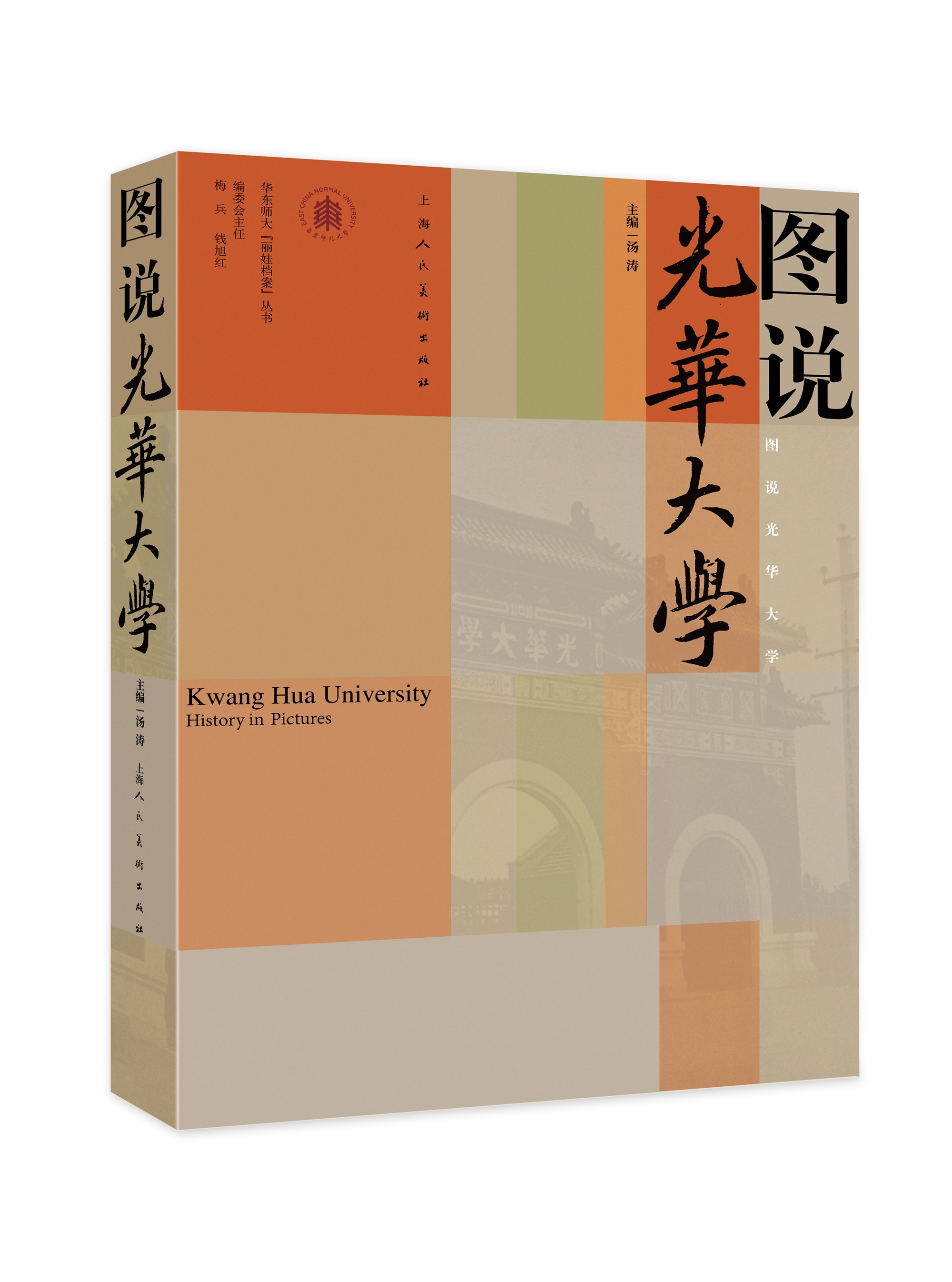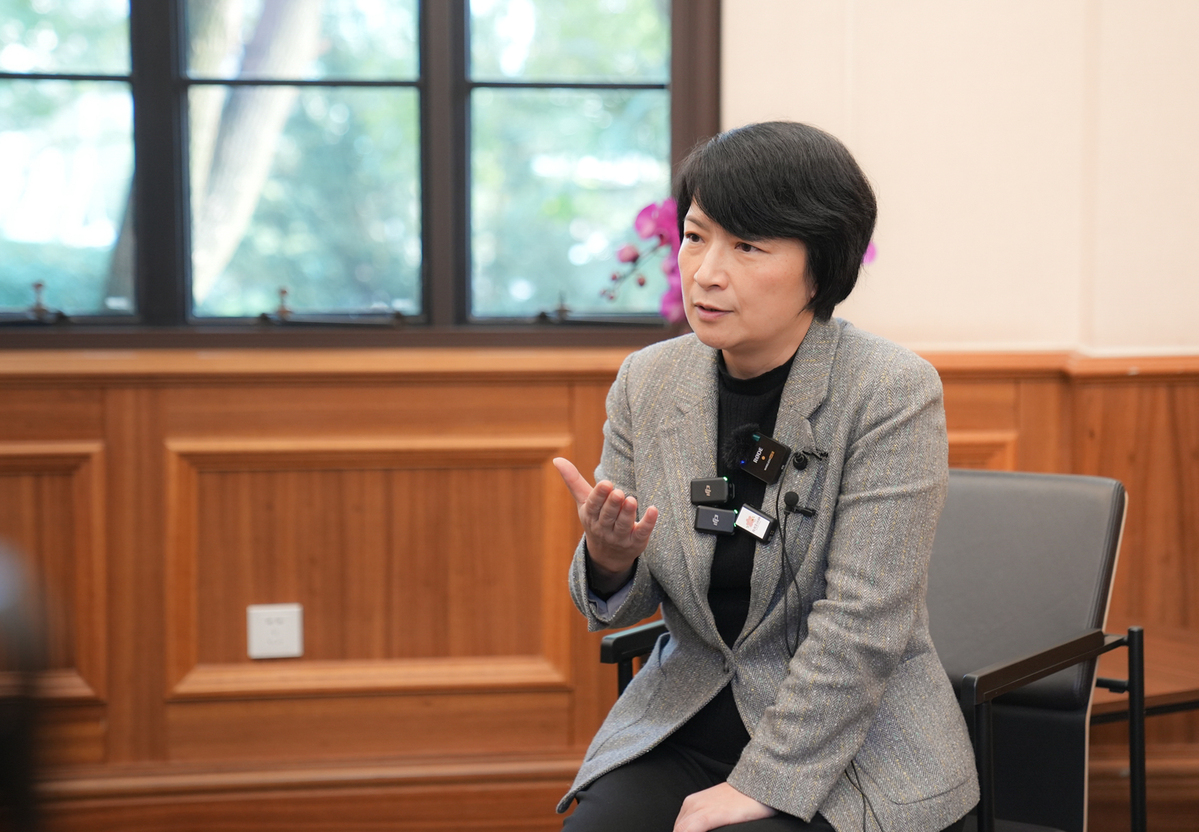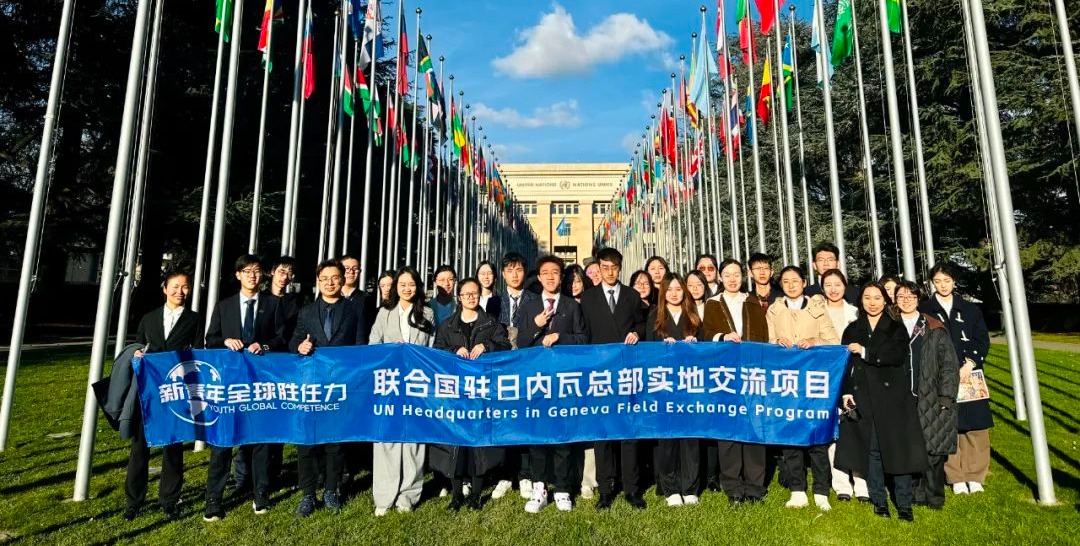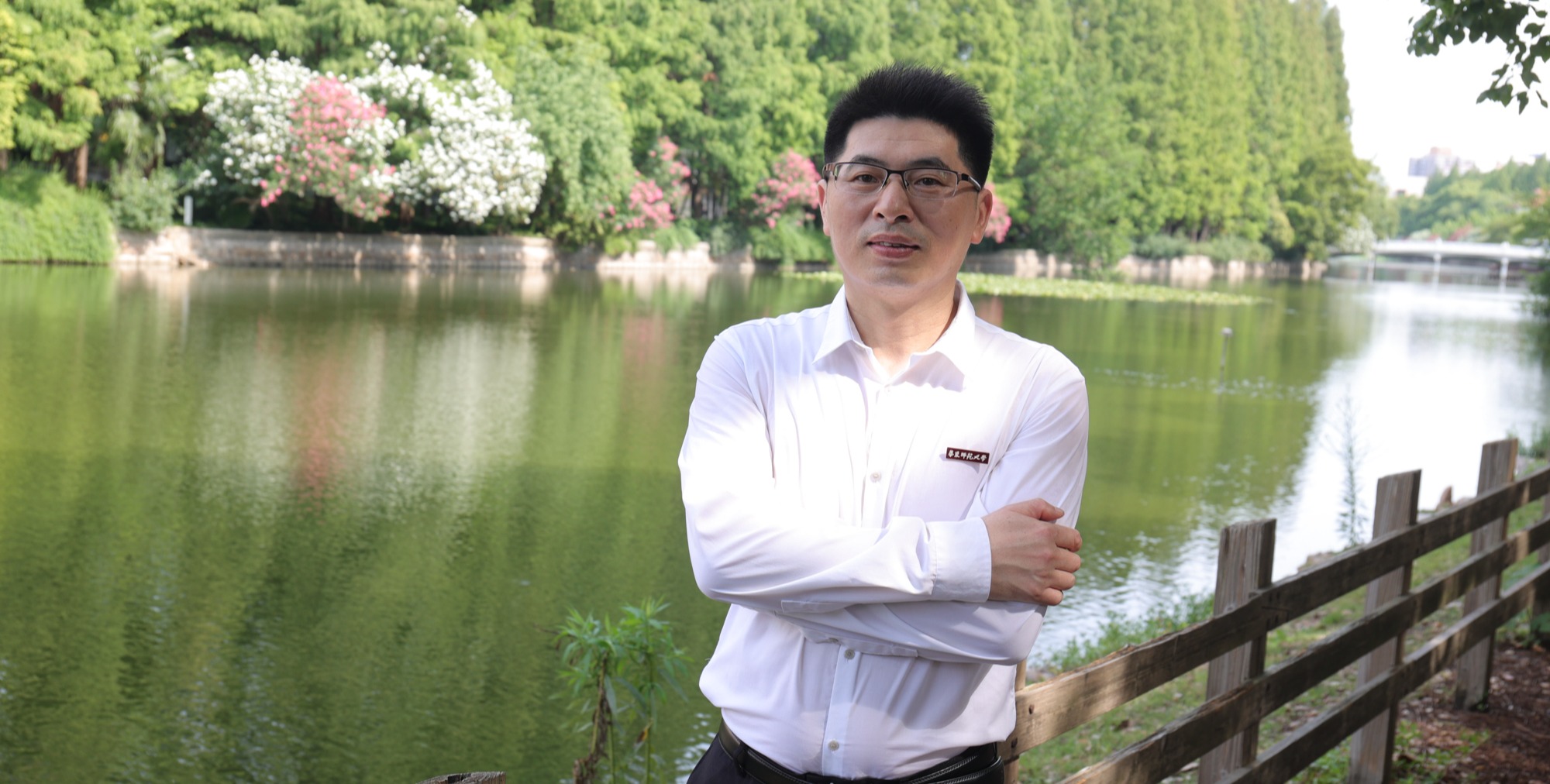Two student teams from ECNU Display Lab gained satisfactory results at the finals of the 11th Huawei Cup China Postgraduate Electronics Design Contest held in Shanghai this summer.
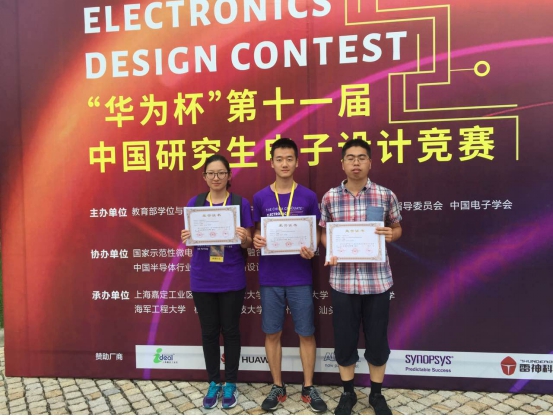
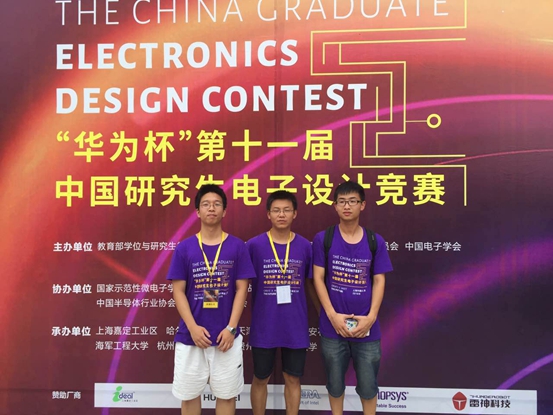
Two ECNUstudent teams gain satisfactory results at the finals of the 11th Huawei Cup China Postgraduate Electronics Design Contest.
The team made of Yang Jianle, Jin Wenjie, Sun Zhongjian, tutored by Prof. Diao Shengxi, beat 317 contesting teams from 115 universities and institutions across the country to win the team first prize, with their radio frequency (RF) communication item. It was the best-ever performance for ECNU in the contest.
The item can transmit real-time high-resolution web camera video from a long distance via wireless communication and display the video at the receiving terminal. Its developers, Yang, Jin and Sun, are graduates of the School of Information Science Technology, ECNU, and are furthering postgraduate study.
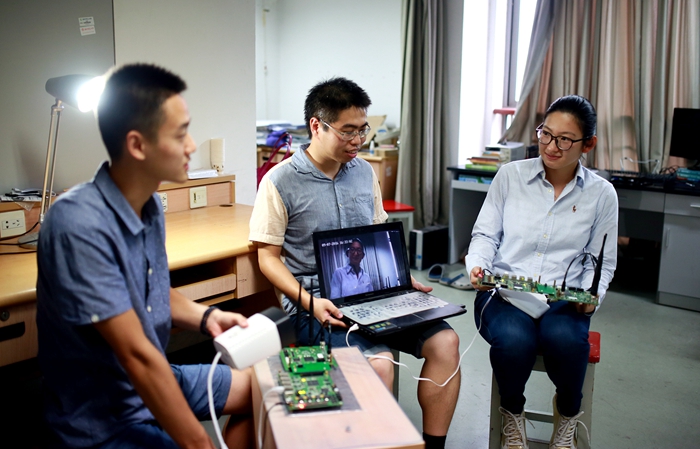
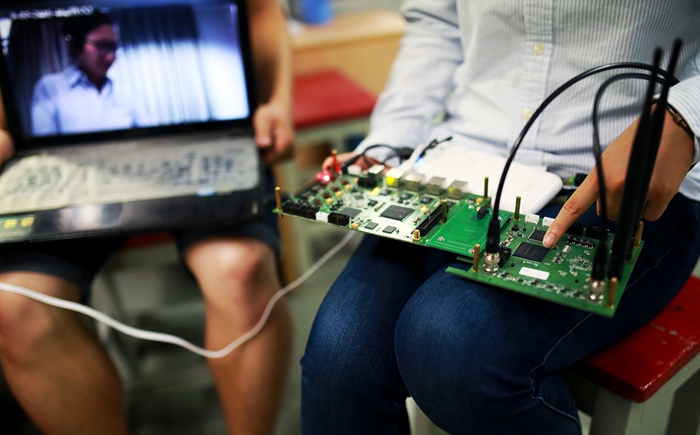
The team made of Yang Jianle, Jin Wenjie, Sun Zhongjian win the team first prize, with their RF communication item.
The device, which also won the first prize of the competition of East China area, has sparked intense interest of a well-known domestic security technology company, which is planning to put it into mass production.
NetGap, another team consisting of Xia Dengwei, Zhang Ding and Lin Shunhao, who were also postgraduate students of the lab, was awarded the team second prize, first prize of East China area and business plan third prize. Instructed by Prof. Diao Shengxi and Wang Jing, they developed the Security Gateway project, which will be soon industrialized.
There were four teams from ECNU participating in the finals after defeating more than 1,300 teams from China participating in the preliminaries.
The only one of its kind in the country, China Postgraduate Electronics Design Contest is the highest-level and most influential and popular event in the field. Launched in 1996. It has been an annual event since 2014. The first contest was initiated and host by Tsinghua University, and sponsored by famous enterprises such as Huawei, ZTE and Tsinghua Tongfang.
This contest consists of preliminaries and finals. The preliminaries were held in nine zones in China. First-prize winner of the East China area is selected to compete in the finals on behalf of the area. ECNU students have been qualified for the national finals for three consecutive years.
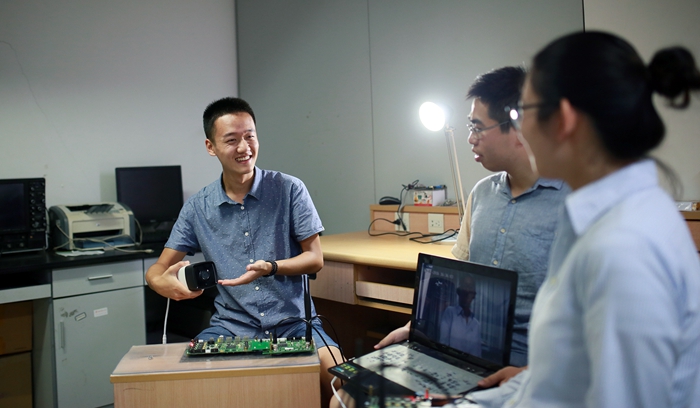
The team have received a comprehensive training at ECNU Display Lab.
ECNU Display Lab has paid much importance to cooperation with enterprises, which bore rich fruits, including the first-prize winning RF communication project. Its developers began to work on the project last August and did not complete until one week to the finals, after months' adjustments. The project also applied for the national patent right and utility mode patent.
Liu Yiqing, dean of the Department of Communication Engineering, which oversees the Display Lab, said the lab is very strict with students. Would-be postgraduate students enrolled by the lab are required to be immersed in study at the lab from 9 a.m. to 10 p.m. every day one year before postgraduate life starts. They are only granted no-more-than-10-day's leave in the winter vacation and less than 14 days in summer.
“It feels like we have a Huawei lab here,” Liu said. “The spirit of diligence inspires the students.”
The lab launched an elite education class in 2014. Students have to get up early and do morning jogging each day regardless of the weather, which is believed to help temper the students' will and build their body. Sun Zhongjian said he was a firm supporter to the devil training, which he believes will make students like him a qualified communication engineer.
“Most of my seniors work in world's top 500 enterprises,” he said. “They are so lucky to do what they were trained for. We should look up to them.”
Liu, who had worked in enterprises as an engineer for 16 years, tailored a training plan for lab students, in a hope to cultivate outstanding engineers in ICT (Information Communications Technology) possessing an international outlook and competitiveness.
The plan comprises eight basic training programs and eight professional intensified training programs. Each student is free to choose to take part in programs according to their own situations.
Under the plan, lab students must finish theoretic knowledge courses and one of the eight professional intensified training programs in the first year, get involved in practical projects in the second year, and take courses to improve comprehensive capability in the last year, apart from submitting graduation design and essay.
Liu is confident that graduates of the lab will boast capabilities that are equal to that of engineers who have had three to five years' work experience.
All graduates of the lab have been employed by top-notch companies in ICT and in the past four consecutive years, some were offered to be senior executives of Huawei.

